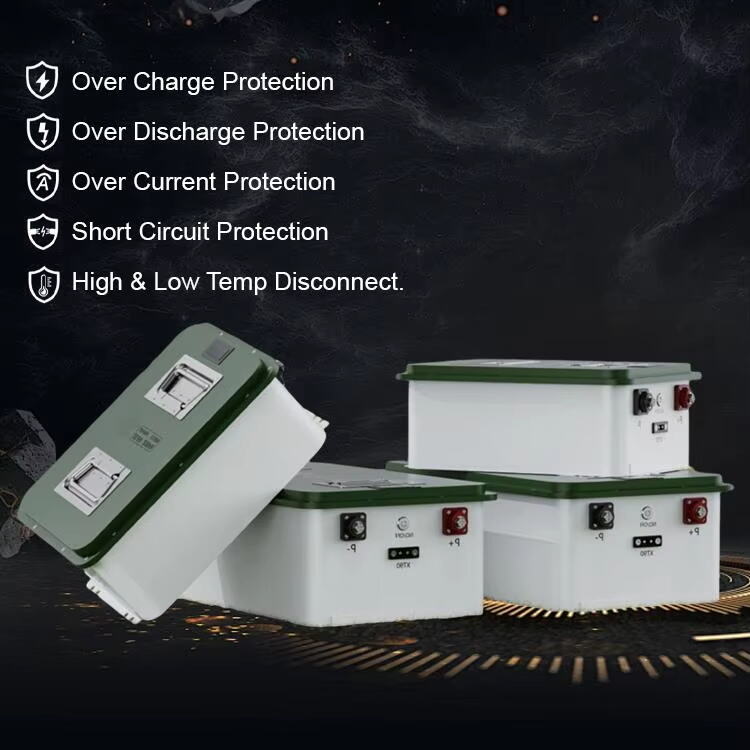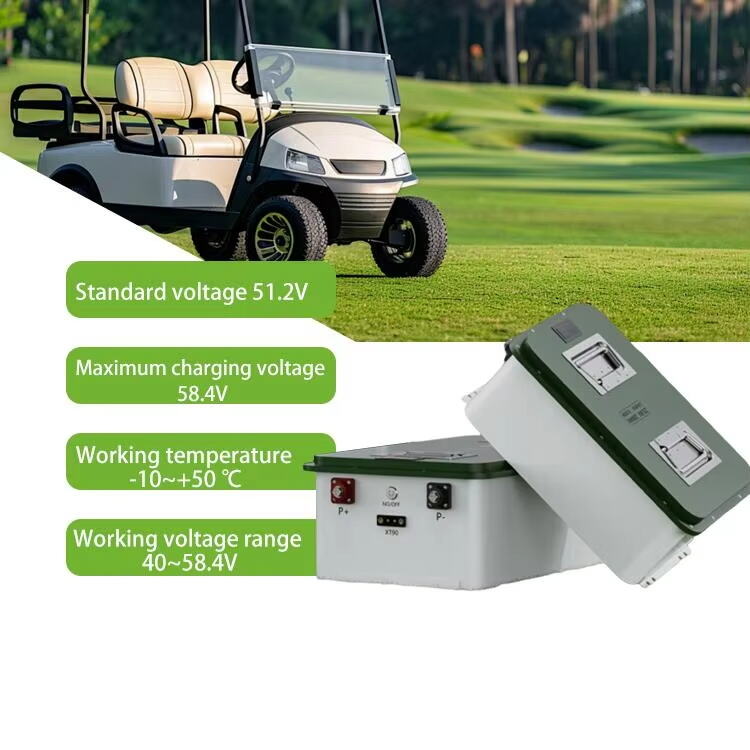Powering Freedom on the Move
Reliable and efficient power is no longer a luxury—it’s a necessity for modern marine and recreational vehicle (RV) users. Whether you’re navigating open waters or exploring remote landscapes, consistent energy enables lighting, refrigeration, communication, and more. Among all available energy storage options, lithium batteries have emerged as the preferred solution for individuals who prioritize performance, safety, and long-term reliability.
From saving valuable space to ensuring quiet operation and fast recharging, lithium batteries offer a compelling package for off-grid enthusiasts. Their use in marine and RV applications has surged due to both functional benefits and advancements in battery management systems. As power needs grow in complexity, choosing lithium batteries is no longer just an upgrade—it’s a future-proof investment in energy independence.
Efficiency in Compact Spaces
Lightweight Construction
One of the standout advantages of lithium batteries is their lightweight composition. Compared to traditional lead-acid counterparts, lithium batteries are significantly lighter, making them ideal for installations where every pound matters. In RVs, reduced weight translates into improved fuel efficiency and easier maneuverability. For boats, it means better buoyancy and safer load distribution. Their compact form also frees up storage space, allowing more room for essential gear and comfort equipment.
High Energy Density
Lithium batteries are designed to pack more energy into less space. This high energy density allows for longer use between charges, which is a major advantage during extended marine trips or remote RV stays. Users can run appliances, charge devices, and operate critical systems without frequent interruptions or backup generators. The result is greater autonomy, fewer logistical concerns, and a more enjoyable off-grid experience.
Reliability in Harsh Conditions
Consistent Voltage Output
Unlike older battery technologies that show noticeable voltage drops as they discharge, lithium batteries maintain consistent voltage throughout their cycle. This steady power delivery is crucial for sensitive electronics, navigation systems, and medical devices commonly used in marine and RV settings. Stability in voltage translates to better device performance, reduced risk of equipment damage, and an overall more dependable energy system.
Excellent Temperature Tolerance
Lithium batteries are well-suited for the diverse environments faced by marine and RV users. Whether exposed to high cabin temperatures during summer travels or cold mornings on the water, lithium chemistry handles thermal variations more effectively than lead-acid alternatives. Many systems are equipped with built-in thermal regulation and smart battery management, ensuring optimal performance without compromising safety.
Quiet, Clean, and Low Maintenance
Silent Operation
One of the most appreciated benefits of lithium batteries in marine and RV applications is their silent functionality. Unlike noisy fuel-powered generators or the hum of charging lead-acid batteries, lithium systems operate in near-total silence. This contributes to a more peaceful environment—whether you're anchored in a quiet bay or parked at a forest campsite. Travelers can enjoy nature or restful sleep without disruptive background noise.
Minimal Maintenance Requirements
Lithium batteries are designed for low-maintenance living. They do not require regular water refills, equalization charges, or corrosion checks. Thanks to integrated battery management systems (BMS), these units monitor internal conditions such as voltage, temperature, and charge cycles. This hands-free reliability makes lithium batteries especially appealing for full-time RV dwellers and long-distance sailors who value both safety and simplicity.
Long-Term Savings and Smart Charging
Extended Lifespan
Although the upfront cost of lithium batteries is higher than traditional options, their long service life offers significant cost savings over time. Most lithium units can handle 2000 to 5000 full cycles with minimal degradation, far surpassing the 300 to 500 cycles of lead-acid batteries. This long-term resilience reduces the need for frequent replacements and minimizes overall ownership costs.
Fast and Efficient Charging
Lithium batteries support faster charging, which allows users to restore power quickly between stops or during brief generator use. This rapid energy intake is particularly useful when relying on solar panels or shore power with time constraints. Additionally, lithium systems are more energy efficient, meaning less power is lost during the charge/discharge process. Users get more usable energy out of each charge cycle, increasing system effectiveness.

Integration and Expansion Capabilities
Scalable System Design
Lithium batteries offer unparalleled scalability. Users can start with a small capacity and gradually expand the system as power demands grow—whether it's adding a second air conditioner or upgrading from weekend travel to full-time living. These systems often support plug-and-play expansion, eliminating the complexity of complete rewiring or component replacements.
Compatibility with Solar and Inverter Systems
Modern lithium batteries are built with compatibility in mind. They integrate seamlessly with solar panels, MPPT charge controllers, and inverter/chargers, making them the heart of a well-orchestrated off-grid system. This flexibility ensures energy efficiency and reliability no matter how the rest of your power infrastructure evolves over time.
Frequently Asked Questions
How long do lithium batteries typically last in marine and RV setups?
Lithium batteries often last between 8 to 15 years, depending on usage, depth of discharge, and environmental conditions. With proper battery management and moderate cycling, many users report excellent performance even after 3000+ charge cycles.
Are lithium batteries safe for use in enclosed spaces like RVs or boat cabins?
Yes, lithium batteries—especially those with integrated BMS—are designed with multiple safety features such as overvoltage protection, thermal cutoff, and short-circuit prevention. Their sealed structure eliminates concerns about gas emissions or acid leaks.
Can I replace my existing lead-acid battery with a lithium battery?
In most cases, yes. Lithium batteries are compatible with many existing systems, though it's important to check charger compatibility and voltage settings. Some users may need to upgrade their charge controllers or alternators for optimal performance.
What makes lithium batteries better for solar integration?
Lithium batteries are more efficient at storing and discharging solar energy. They allow deeper discharges without damaging the battery, support faster recharging from solar input, and can deliver consistent voltage to power systems, even under fluctuating sunlight.

